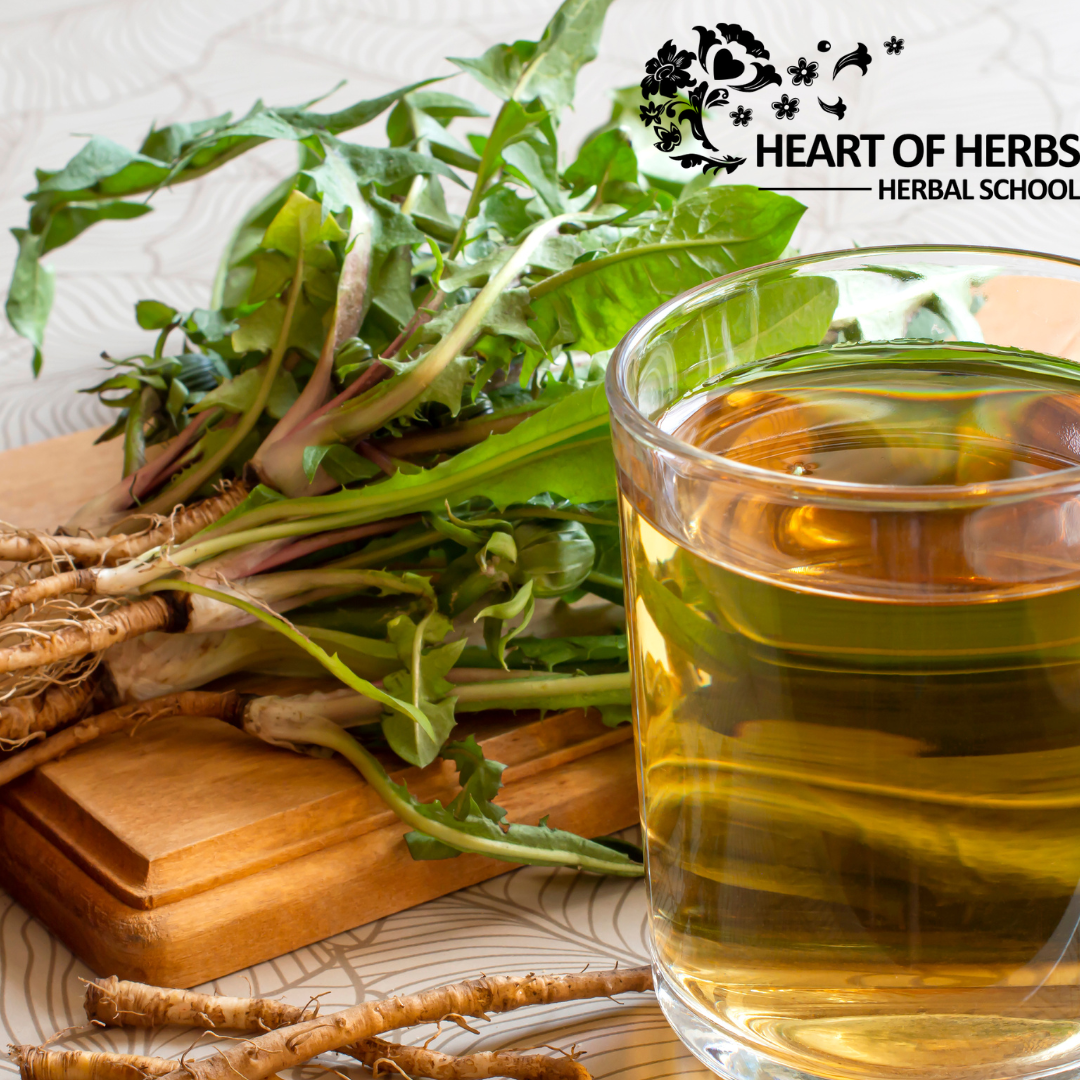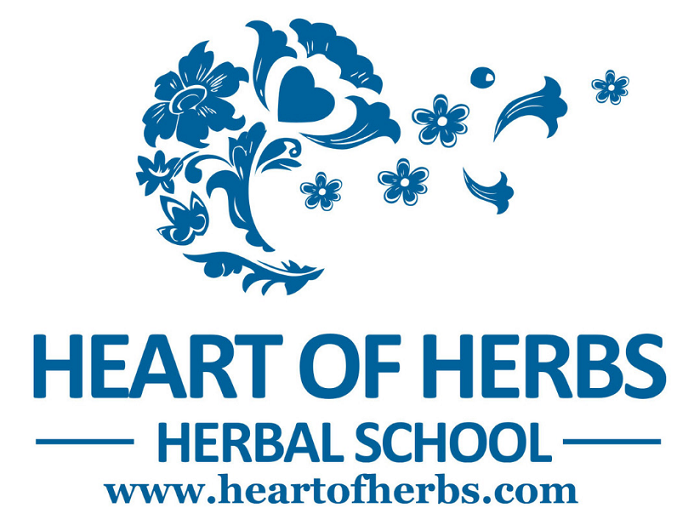Step-by-Step Guide to Becoming an Herbalist with Heart of Herbs Herbal School
Here’s a practical, no-fluff, Step-by-Step Guide to becoming an herbalist with Heart of Herbs Herbal School (HOH)—plus how to line your studies up with the American Herbalists Guild (AHG) if you want the Registered Herbalist (RH) credential later.
Know your destination (pick a lane)
-
Home/Community herbalist (care for self/family, teach classes)
-
Product maker/apothecary (formulate, sell remedies)
-
Clinical herbalist (see clients 1:1, create protocols)
You can start anywhere and grow into clinical practice over time.
1) Choose your Heart of Herbs program
HOH has been teaching online since 1998 (founded by Demetria Clark) and offers self-paced certification programs with mentoring and business support. Start with the program that fits your lane; you can stack later, and books you can read by Demetria to enhance learning. Heart of Herbs Herbal School
Common starting points
-
Certified/Clinical Herbalist Certification — broad, career-oriented herbal training (self-paced, online). Heart of Herbs Herbal School
-
Phytotherapy Diploma — science-forward track (anatomy, microbiology, botany, pharmacology/pharmacognosy, ethnobotany, client care, and more). Often bundles core HOH herbal courses. Heart of Herbs Herbal School
-
Electives to customize: Ayurveda Certification (Ayurvedic herbal focus), Herbals for Children, etc. Heart of Herbs Herbal School
2) Enroll + set your study cadence (self-paced)
-
Block 6–8 study hours/week (minimum) for reading, videos, and making remedies.
-
Use HOH’s mentoring & business sessions as you go; don’t wait until graduation.

3) Build your foundation (Month 0–3)
-
Core sciences: anatomy/physiology, pathophysiology basics, pharmacognosy/plant chemistry, botany (covered in Phytotherapy Diploma; also addressed in other HOH tracks). Heart of Herbs Herbal School
-
Start a Materia Medica journal (aim for 150+ herbs over time—handy if you later pursue AHG).
4) Apothecary skills (Month 1–4)
-
Practice: infusions/decoctions, tinctures, syrups, salves, liniments, poultices, dosage calculations, and safety labels.
-
Build a small dispensary for case practice (bulk herb, bottles, scale).
5) Case-thinking and documentation
(Month 2–6)
-
Write practice case notes from scenarios and your family’s “everyday” complaints (within scope).
-
Learn about intake forms, informed consent, scope of practice/ethics, and referral language (vital for the clinic later).
6) If you want to practice clinically, plan for AHG now
The American Herbalists Guild Registered Herbalist (RH) route is optional but respected. AHG recommends ~800 hours of herbal education and around 400 hours of clinical experience (≈~300 hours of independent practice and up to 100 hours of supervised/mentored experience). You’ll document cases, follow-ups, and competencies when you apply.
What this means for you
-
Track all HOH course hours, labs, and independent study toward the 800-hour benchmark.
-
Begin mentored or supervised hours when ready; maintain a secure case log that includes intake, differential, protocol, and at least two follow-ups.
Note: In the U.S., herbalists aren’t state-licensed, and “Certified/Master Herbalist” titles are school awards—not government credentials or AHG endorsements. AHG is a voluntary professional body.
7) Add focused depth (Month 4–9)
Pick one or two emphasis areas:
-
Women’s & family wellness (e.g., Herbals for Children) Heart of Herbs Herbal School
-
Ayurvedic energetics + herbs (Ayurveda Certification) Heart of Herbs Herbal School
-
Science/clinic (Phytotherapy Diploma build-outs) Heart of Herbs Herbal School
8) Business setup (Month 6–10)
-
Draft policies, consent, privacy, and referral sheets.
-
Choose your structure (sole prop/LLC), set up charting & dispensing systems, and craft a simple website + intake flow.
-
Use HOH’s mentoring and business skills sessions to refine offers and pricing. Heart of Herbs Herbal School
9) Graduate your HOH program → build experience → (optional) apply AHG
-
Complete HOH assignments and submit for school certification (per track). Heart of Herbs Herbal School
-
Keep logging clients and hours toward AHG; when you meet criteria, apply for Registered Herbalist (digital, two-part app; you’ll present education, clinical hours, casework, and references). American Herbalist Guild
Sample timelines
A) Community/Product Herbalist (non-clinical focus) — ~6–12 months
Months 0–5: Enroll (e.g., Certified/Clinical Herbalist track). Foundations + apothecary. Heart of Herbs Herbal School
Months 5–10: Formulation skills; small product line; local workshops.
Months 10–12: Add a focus course (children/Ayurveda), refine business basics.
B) Clinical Herbalist (AHG-aligned) — ~24–36+ months
Year 1: Core HOH program; start Phytotherapy Diploma modules; begin observing/mentored cases. Heart of Herbs Herbal School
Year 2-3: Independent practice + supervised/mentored hours; keep rigorous documentation.
Year 3-4: Round out the ~800 education / ~400 clinical hours; assemble AHG portfolio and apply.
Minimal gear & habits to start
-
Tools: digital notebook, gram scale, amber bottles/jars, strainers, labels, sanitizer, secure file system.
-
Habits: daily materia-medica entry, weekly remedy-making, monthly case review, quarterly CPR/first-aid refresh.
Quick FAQ
Is HOH “accredited” or state-licensed?
Herbalism in the U.S. is not state-licensed; schools award their own certificates. AHG’s RH is a professional membership credential, not a license.
Can HOH studies count toward AHG?
Yes—use HOH coursework and supervised practice as part of your education & clinical hours log for AHG’s RH application when you’re ready.
What if I only want to help my family or make products?
Pick the Certified/Clinical Herbalist track and/or specific electives; you don’t need AHG unless you want to see clients clinically.
One-page checklist
-
Pick your HOH program (Herbalist Certification / Phytotherapy Diploma / Ayurveda). Heart of Herbs Herbal School
-
Enroll; block 6–8 hrs/week; join mentoring/business sessions. Heart of Herbs Herbal School
-
Start Materia Medica + apothecary labs.
-
Learn intakes, ethics, consent, scope, and referrals.
-
If going clinical: set up hour-tracking to aim for 800 ED / 400 clinical (AHG). American Herbalist Guild
-
Build a simple website/intake flow; get practitioner insurance if applicable.
-
Finish HOH requirements → school certificate → continue hours → AHG application when qualified.
Disclaimer
Disclaimer Blog
The information presented on the Heart of Herbs Herbal School/Demetria Clark websites is for educational purposes only. Heart of Herbs Herbal School/Demetria Clark Education LLC makes neither medical claims nor intends to diagnose or treat medical conditions. Links to external sites are for informational purposes only. Heart of Herbs Herbal School/Demetria Clark neither endorses them nor is in any way responsible for their content. Readers must do their own research regarding the safety and usage of any herbs, recipes, or supplements.
Affiliate Disclosure
Some posts contain affiliate links. When you click on these and make a purchase the cost is the same for you, but we earn a small commission that helps me to provide scholarships to students. We only promote products that we know our clients have liked themselves.
Heart of Herbs Herbal School is a Amazon affiliate. As an Amazon Associate, we earn from qualifying purchases.
